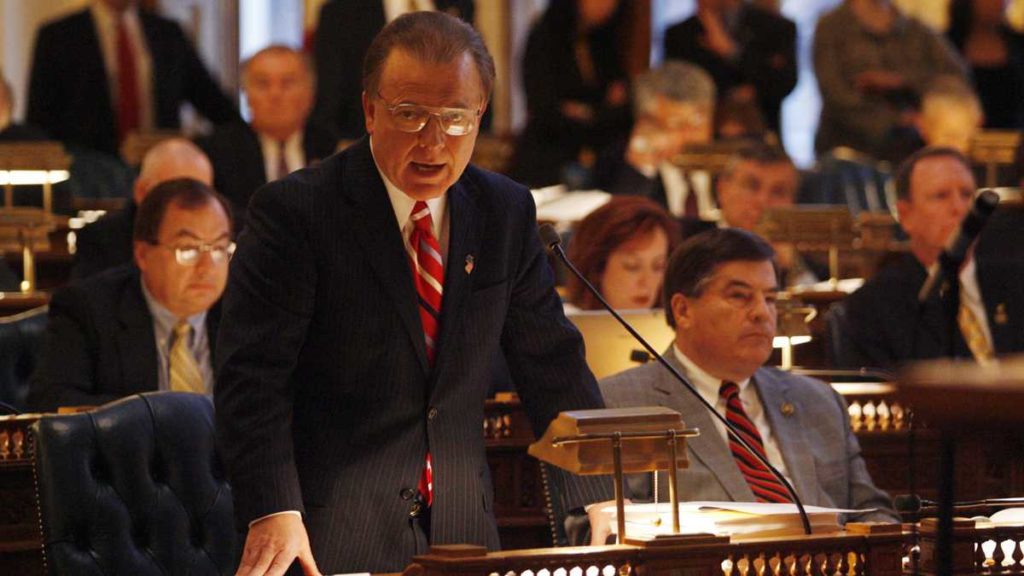Pennacchio Urges Action on Legislation to Hold Utilities Accountable for Ineffective Power Outage Response

| Pennacchio Urges Action on Legislation to Hold Utilities Accountable for Ineffective Power Outage Response
Legislation to Improve Utility Reliability, Preparedness & Accountability Has Languished Since 2012 Outraged by repeated power outages following recent nor’easters that left tens of thousands of New Jerseyans without electricity for days on end, Senator Joe Pennacchio is pushing for action on legislation that would hold utility companies accountable for their failure to provide reliable service. “After a string of long-term power outages in 2011, I began working on an effort to require utility companies to improve their preparedness and reliability, and to hold them accountable when they fail to restore service in a timely fashion,” said Pennacchio. “When Sandy resulted in even longer outages, the critical need for this legislation became even more evident. Our recent week-long outages following this winter’s nor’easters proved the point yet again. After six years of inaction, we can no longer ignore the need to improve the reliability of the electric service that our families are dependent on to be safe and secure in their homes.” Pennacchio’s legislation, “The Reliability, Preparedness, and Storm Response Act of 2012,” was first introduced on October 1, 2012, nearly a month before Superstorm Sandy, in response to extended power outages following Hurricane Irene and an October snowstorm in 2011. The legislation, S-889, requires the Board of Public Utilities to develop and enforce performance benchmarks for service reliability and communications for electric utilities. Additionally, the bill requires public utilities to file a service reliability plan and an emergency communications strategic plan for review and approval by the BPU. If the BPU finds a utility has failed to implement its service reliability or communications plan, or finds the utility’s performance to be less than effective, the legislation allows for the imposition of civil penalties of up to $25,000 per day for each violation, up to $2 million for any series of related event. Pennacchio said the current penalties of only $100 a day have proven to be ineffective. “The significantly stronger penalties proposed under this legislation will ensure that power companies have a real financial incentive to get people reconnected as quickly as possible,” said Pennacchio. “Since utilities would be barred from passing on the cost of penalties to ratepayers, it will impact their bottom lines, providing an additional incentive to get the lights turned back on without delay.” The legislation, first introduced in 2012, was reintroduced at the beginning of each new two-year legislative session in 2014, 2016, and 2018. Each session, it was referred to the Senate Economic Growth Committee, where it languished without hearing. Prior to the recent nor’easters, Pennacchio sent a formal request to the new committee chair to ask that the legislation be given a hearing. “We have families, seniors, and children all over New Jersey who repeatedly suffer through long-term power outages due to this Legislature’s inaction,” said Pennacchio. “It’s beyond time that we work together to solve this problem.” Pennacchio noted that although local utility companies have been contrite following outages in each instance, they still haven’t improved in their preparation, reliability, or ability to recover quickly when outages occur. “JCP&L has been responsive to our outreach, but we continually find ourselves in the same situation over and over again,” added Pennacchio. “It’s insane to expect a different result if we’re not willing to demonstrate that we’re serious about holding power companies accountable.” |





